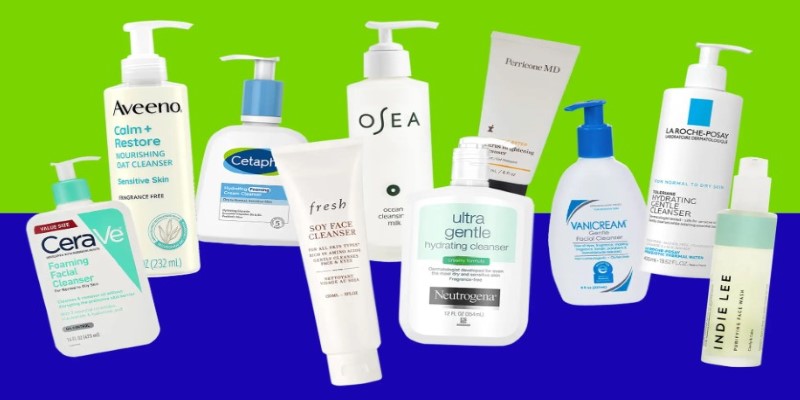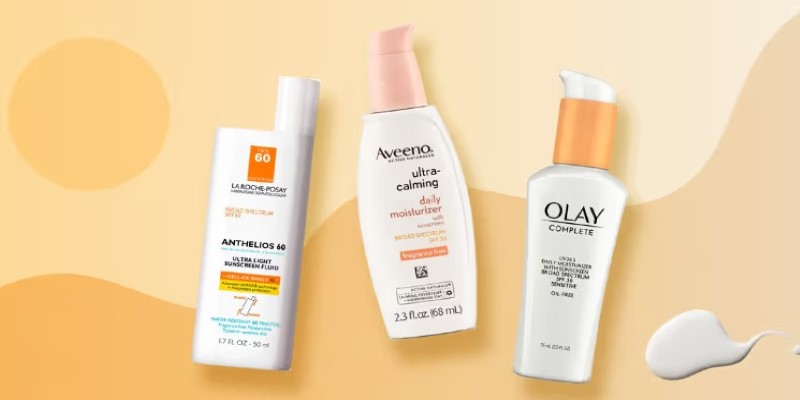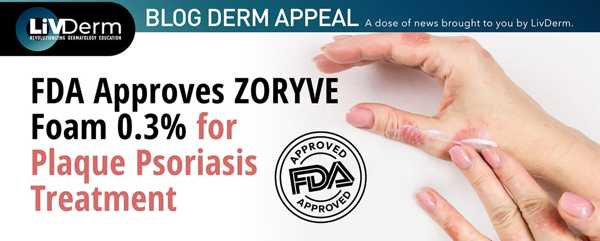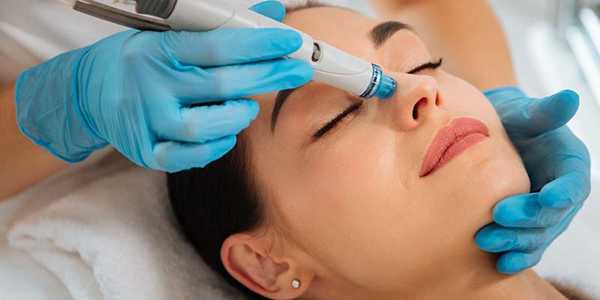95% Improvement: Unveiling the Powerful Efficacy of Zoryve Cream for Plaque Psoriasis
8 Best Skincare Products For Sensitive Eczema-Prone Skin
Sensitive and eczema-prone skin requires special care and attention. People who experience this condition often face a range of challenges, from irritation and redness to dryness and itchiness. Finding the right products can feel overwhelming, especially with so many options available. In this article, we’ll look at some of the best products that cater to sensitive, eczema-prone skin in 2024, discussing their key ingredients, benefits, and tips for effective use.
Sensitive and eczema-prone skin requires special care and attention. People who experience this condition often face various challenges, from irritation and redness to dryness and itchiness. Finding the correct products can feel overwhelming, especially with many available options. In this article, we'll look at some of the best products in 2024 for sensitive, eczema-prone skin, discussing their key ingredients, benefits, and tips for practical use.
What is Eczema And Sensitive Skin
Eczema, or atopic dermatitis, is a common skin condition characterized by inflamed, itchy, and red patches. Various factors, including allergens, irritants, stress, and environmental conditions, can trigger it. While not always synonymous with eczema, sensitive skin reacts strongly to products, temperatures, or certain fabrics. For individuals with both sensitive and eczema-prone skin, finding products that soothe rather than irritate is essential.

A crucial aspect of caring for this skin type is understanding the ingredients in skincare products. People with sensitive skin should avoid harsh chemicals, synthetic fragrances, and alcohol-based products that can strip the skin of its natural moisture. Instead, focus on gentle formulations that contain soothing and hydrating ingredients.
Cleansers For Sensitive Skin
Cleansing is the first step in any skincare routine, and for those with sensitive or eczema-prone skin, it's vital to choose a cleanser that is both effective and gentle. A good cleanser should remove dirt and impurities without compromising the skin’s natural barrier.
Cream or Lotion Cleansers: These cleansers are often best for sensitive skin. They are usually formulated with hydrating ingredients like glycerin or ceramides, which help to maintain moisture levels. Look for products that are fragrance-free and hypoallergenic. For example, CeraVe Hydrating Cleanser is popular because it includes essential ceramides and hyaluronic acid, which aid in moisturizing while cleansing.
Micellar Water: Micellar water is another excellent option for sensitive skin. These gentle cleansers effectively remove makeup and impurities without rinsing, making them ideal for quick cleanses or as a first step in a double-cleansing routine. Bioderma Sensibio H2O is a well-known choice often recommended for sensitive skin types due to its mild formula.
Moisturizers That Soothe
Moisturizing is crucial for anyone with sensitive or eczema-prone skin. Proper hydration can help alleviate dryness, reduce flaking, and improve skin texture.

Thick Creams and Ointments: For dry and eczema-prone skin, thicker creams or ointments can provide a protective barrier and lock in moisture. Products like Aquaphor Healing Ointment or Eucerin Advanced Repair Cream are rich in emollients and occlusives, essential for preventing water loss.
Fragrance-Free Lotions: If you prefer a lighter texture, choose fragrance-free lotions containing soothing ingredients like colloidal oatmeal or shea butter. Aveeno Eczema Therapy Moisturizing Cream contains colloidal oatmeal, known for relieving itching and irritation associated with eczema.
Targeted Treatments
Incorporating targeted treatments into the skincare routine can benefit those dealing with flare-ups. These products focus on reducing inflammation and relieving symptoms.
Topical Corticosteroids: Over-the-counter options like hydrocortisone cream can help reduce inflammation and itching during flare-ups. However, it is essential to use these as directed and consult with a healthcare professional if symptoms persist.
Barrier Repair Creams: Products designed to repair the skin barrier can also be effective. Look for creams that contain ingredients like niacinamide and ceramides, which help strengthen the skin barrier and improve hydration. La Roche-Posay Cicaplast Baume B5 is a popular choice that calms irritation and aids skin recovery.
Sunscreens For Sensitive Skin
Sun protection is vital for all skin types, but choosing the right sunscreen is crucial for sensitive and eczema-prone skin. Many conventional sunscreens contain chemicals that can irritate sensitive skin.

Physical (Mineral) Sunscreens: These are often recommended for sensitive skin because they contain active mineral ingredients like zinc oxide and titanium dioxide, which sit on the skin’s surface and reflect UV rays. Products like EltaMD UV Clear Broad-Spectrum SPF 46 are gentle, lightweight, and suitable for sensitive skin types.
Fragrance-Free Formulations: To minimize the risk of irritation, opt for sunscreens labelled as fragrance-free and hypoallergenic. Always check the ingredient list for potential allergens that might provoke a reaction.
Bathing Tips For Eczema-Prone Skin
Bathing can be tricky for those with eczema-prone skin, as hot water and certain soaps can worsen symptoms. However, with the right approach, baths can be soothing.
Short, Lukewarm Baths: Keeping baths short and using lukewarm water can help prevent the skin from drying out. Adding colloidal oatmeal or bath oils can enhance the soothing effect. Aveeno Soothing Bath Treatment is a popular option for providing relief during flare-ups.
Moisturizing Immediately After bathing: pat the skin dry gently with a towel and apply moisturizer immediately to lock in moisture. This practice is critical for preventing the skin from becoming dry and irritated.
Lifestyle And Dietary Considerations
While products significantly manage sensitive and eczema-prone skin, lifestyle and dietary factors can also influence skin health. A balanced diet rich in antioxidants, vitamins, and healthy fats can support skin healing. Foods rich in omega-3 fatty acids, such as fatty fish, flaxseeds, and walnuts, may help reduce inflammation.

Staying hydrated is equally important, so drink plenty of water throughout the day. Managing stress through relaxation techniques like yoga, meditation, or regular exercise can also benefit skin health, as stress triggers eczema flare-ups.
Seeking Professional Guidance
For those who struggle to manage their eczema or sensitive skin despite using appropriate products and following recommended practices, seeking professional guidance is essential. Dermatologists can provide personalized recommendations and suggest prescription treatments for more severe cases. They can also perform patch tests to identify allergens contributing to skin issues.
Conclusion
Caring for sensitive and eczema-prone skin requires a thoughtful approach to skincare. Selecting the right products, maintaining a proper skincare routine, and being mindful of lifestyle factors can significantly improve skin health. Everyone's skin is unique, so what works for one person may not work for another. By paying close attention to your skin's needs and reacting to its signals, you can find relief and improve your overall skin condition.











